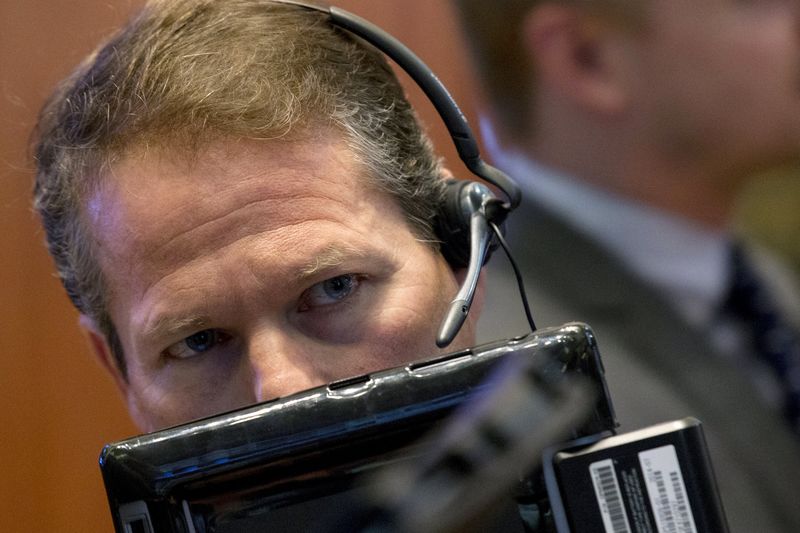Benzinga - by Bibhu Pattnaik, Benzinga Staff Writer.
Customers are increasingly finding their accounts closed by banks eager to avoid regulatory scrutiny.
According to a New York Times report by Ron Lieber, banks are proactively closing accounts without notice, leaving customers stranded without access to their funds, often for extended periods.
Banks like JPMorgan Chase and Bank of America use sophisticated systems to detect illegal activities, but these systems are often sensitive and can misinterpret ordinary customer activities as suspicious.
As a result, customers need to manage their accounts carefully to avoid being falsely flagged as engaging in illegal activities.
To avoid such mishaps, it's advisable to maintain a consistent pattern in your banking transactions, according to Lieber. A predictable flow of income and expenses can help you clear your bank's radar.
Furthermore, when opening an account, making a large initial deposit can be a red flag, since banks may take into account one's employment or arrest record to determine whether the deposit is suspicious.
Also Read: US Banks Witness Whopping $100 Billion Deposit Drop In Just Three Weeks, Fed Survey Raises Alarm
With incidents of mail theft and fraudulent checks rising, banks have responded by also tightening their check-fraud detection algorithms. To minimize your risk, consider limiting your use of checks and be mindful of how you mail them. If necessary, opt for more secure methods like taking them directly to the postal office.
Lieber also noted that it is important to understand what could trigger a bank's suspicion. For example, the American Bankers Association identifies certain cash transactions as red flags — consistently making cash deposits of just under $10,000 to avoid legal reporting requirements can mark your account as suspicious.
More importantly, communicating significant financial changes to your bank can be particularly beneficial, Lieber added.
In the event of an account closure, Lieber said it is important to stay calm and approach the situation rationally. If available, you should try visiting a bank branch and discuss the issue politely. Emotional outbursts or aggressive behavior are unlikely to resolve the issue and may escalate the situation.
Now Read: US Banks Are Struggling With $650 Billion In Unrealized Losses On Bond Holdings — Here's How They Can Get Out
This content was partially produced with the help of AI tools and was reviewed and published by Benzinga editors.
Photo: Shutterstock
© 2023 Benzinga.com. Benzinga does not provide investment advice. All rights reserved.
